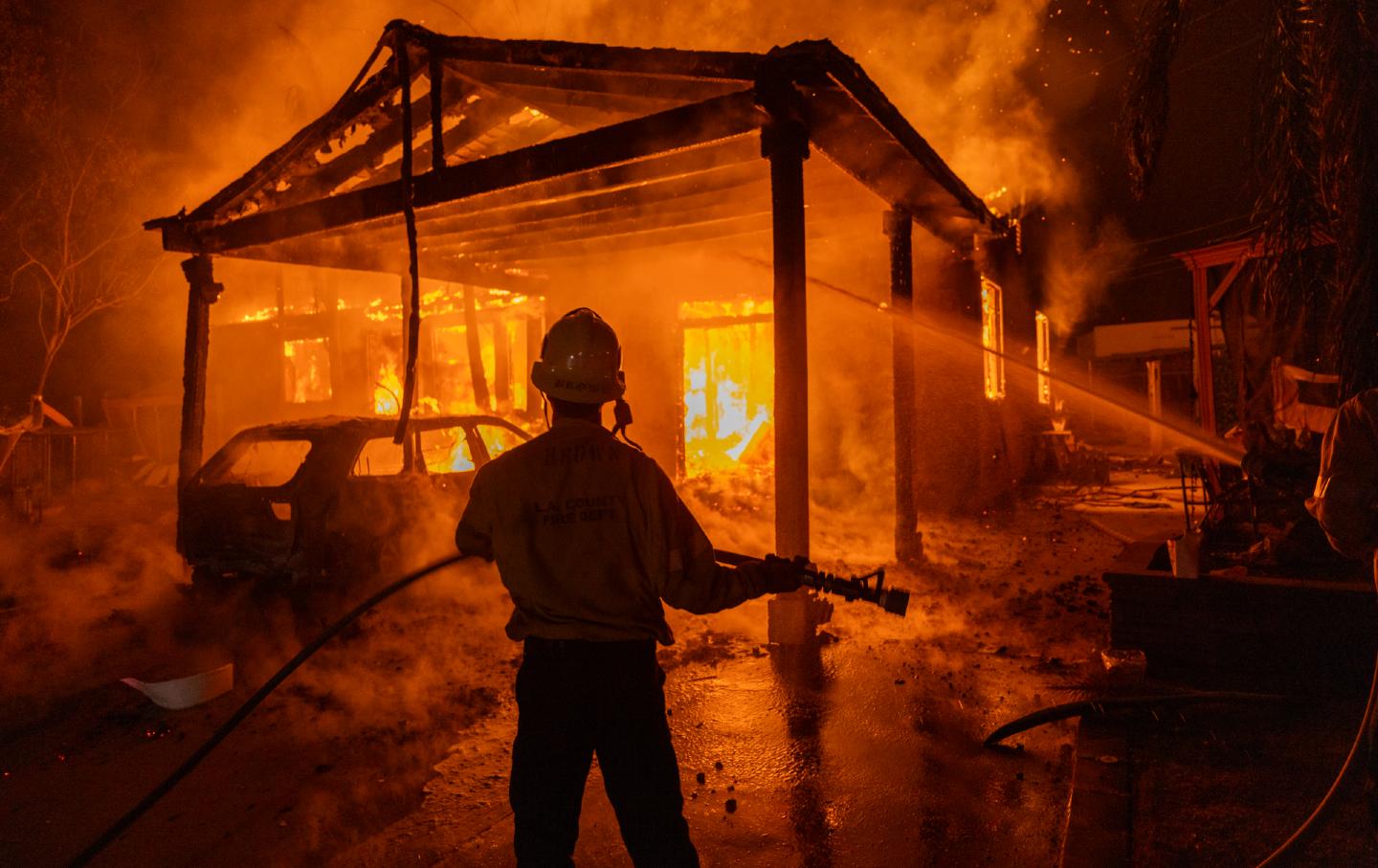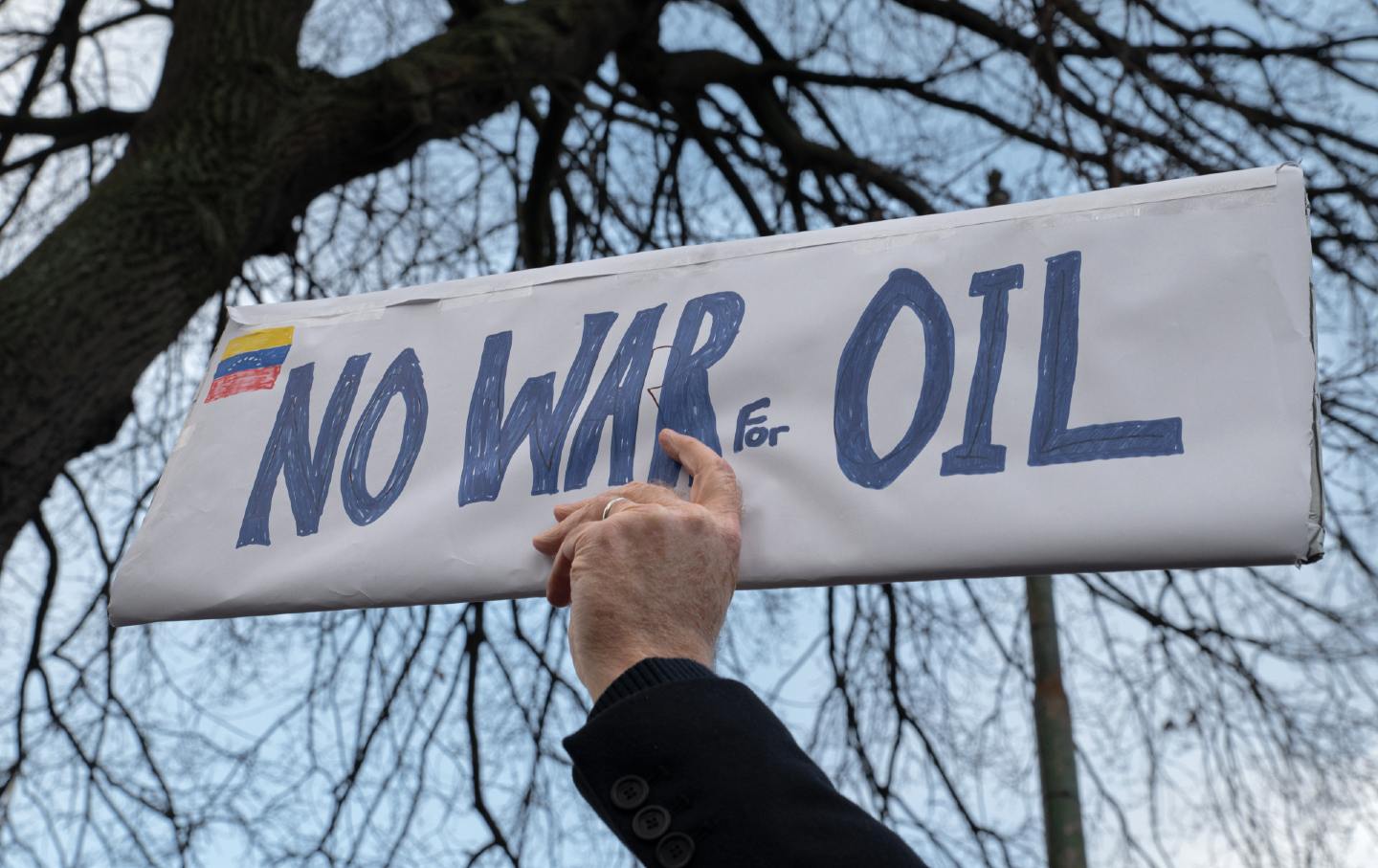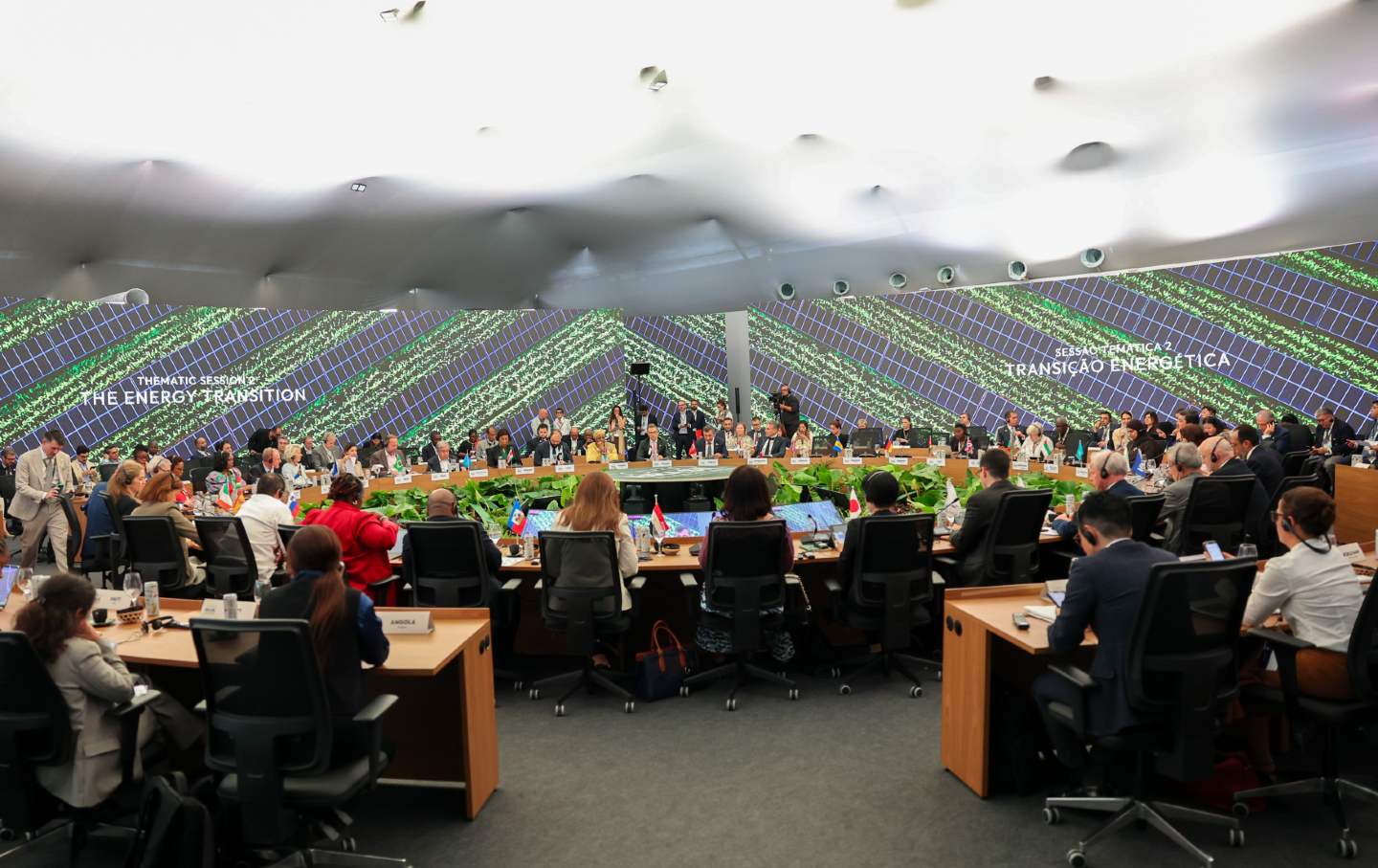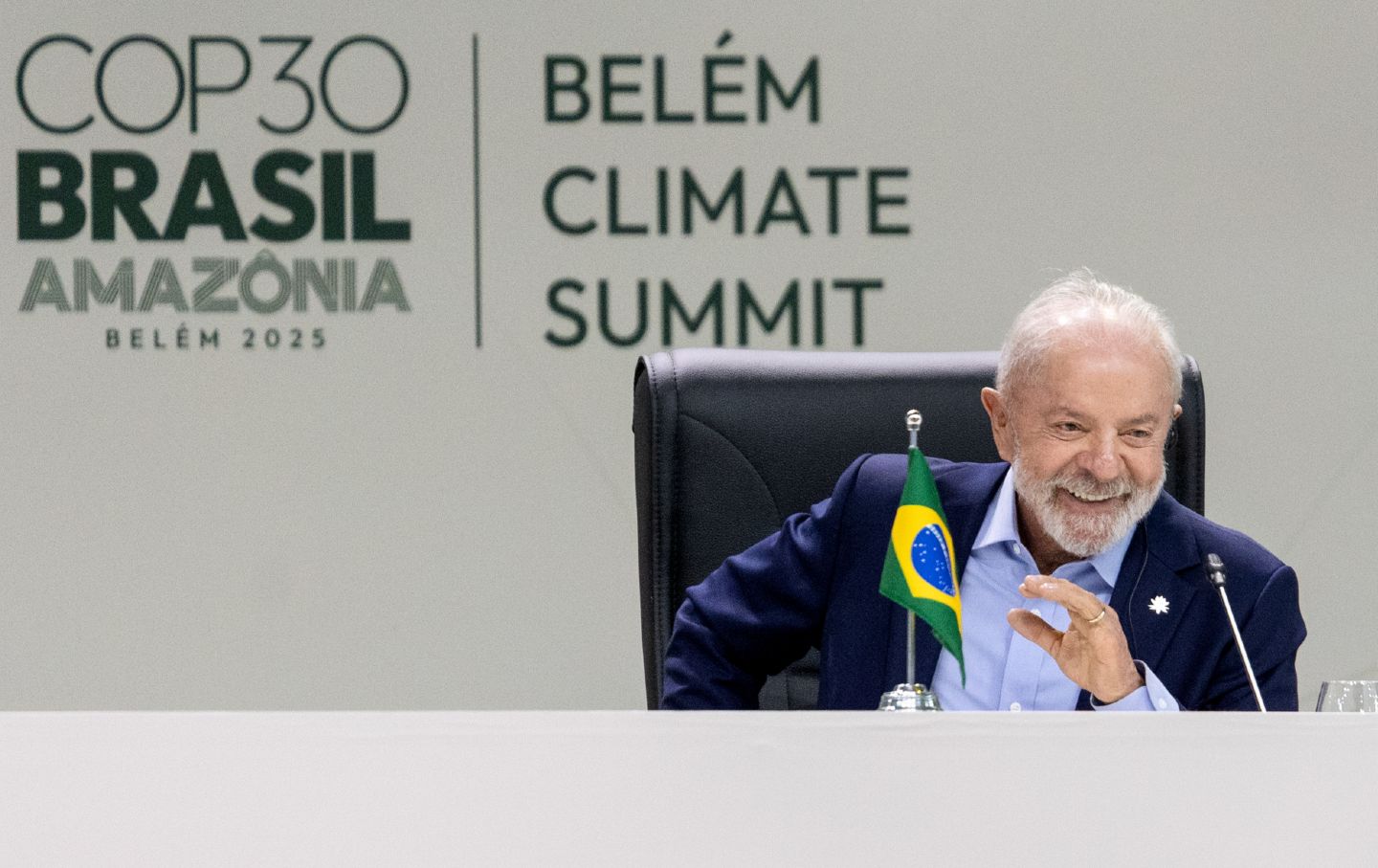Climate Retreat in Germany?
The public still wants action, but elections in the world’s third-biggest economy may stall progress.
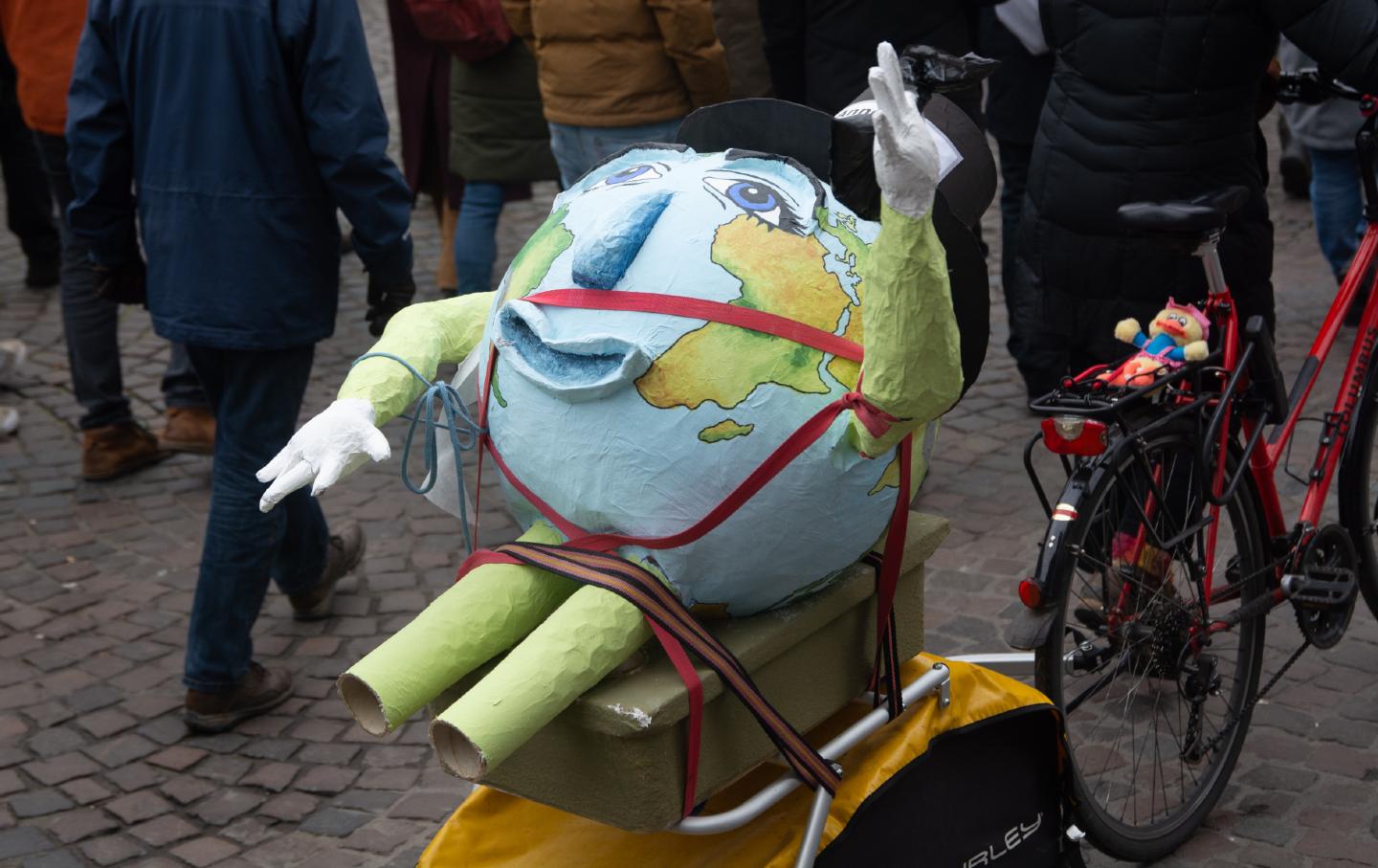
“The End of Germany’s Climate Crusade.” That’s how a Politico headline last week described the country’s national elections held this past Sunday. The election was still days away, but opinion polls had already made clear that “one of the world’s most climate-ambitious governments will fall,” Karl Mathiesen wrote.
Sure enough, the center-left Social Democratic party (SPD), which has held Germany’s chancellorship since 2021, was voted out. Germany’s next government will be led by Friedrich Merz, whose center-right Christian Democratic Union and Christian Social Union alliance (CDU/CSU) won 28.6 percent of the vote. Merz hasn’t publicly rejected his country’s pledge to dramatically cut greenhouse gas emissions, but he has harshly criticized wind turbines, other alternatives to fossil fuels, and green policies in general. Placing second in the elections, with 20.6 percent of the vote, was Alternative für Deutschland (AfD), a hard-right party that denies climate change
As the world’s third-biggest economy and the European Union’s dominant power, Germany wields outsize global influence. Under center-left and center-right governments alike, its policies have cut greenhouse gas emissions by 41 percent, compared to 1990 levels. Renewable energy accounts for 56 percent of its electricity. It has supported the Paris Agreement’s 1.5-degrees-Celsius temperature rise target and the provision of climate aid to poor countries. The German election therefore also holds major implications for international climate progress, including at the crucial COP30 summit in Brazil this November.
With immigration and a stagnant economy dominating Germany’s campaign discourse, most news coverage mirrored the candidates’ climate silence. “Climate protection has taken a back seat, despite frequent reports of storms and flood disasters linked to climate change,” Jens Thurau reported for Deutsche Welle.
Ajit Niranjan wrote in The Guardian that climate was mentioned only “when right-leaning parties used it to swipe at [the Green party, a coalition partner to the SPD].… In a fiery speech the day before the election, Merz said he would do politics ‘for the majority who can think straight…and not for any green and leftwing nutcases.’” Officially, the CDU/CSU backs Germany’s commitment to achieve “climate neutrality” by 2045. But the CDU/CSU has “increasingly aped the AfD’s opposition to policies to get there,” Niranjan added.
Mathiesen reported in Politico: “Merz’s message is that green policy has gone too far.… Moving forward, efforts to tackle global warming will be ‘subordinate’ to economic growth,’ Merz said.”
Yet climate action remains popular with most Germans. Climate is “in the top four [issues] consistently of all voters across parties,” analyst Linda Kalcher told the Associated Press. In this vein, the activist Luisa Neubauer replied wryly on social media to a CDU campaign slogan—“Doing what the majority wants”—with a list of policies popular in Germany, including a faster clean energy transition, subsidies for mass transit, and more protection against heat waves.
This gap between what politicians prioritize and what their constituents want is by no means unique to Germany. Eighty-nine percent of the world’s people want their governments to “do more” about climate change.

